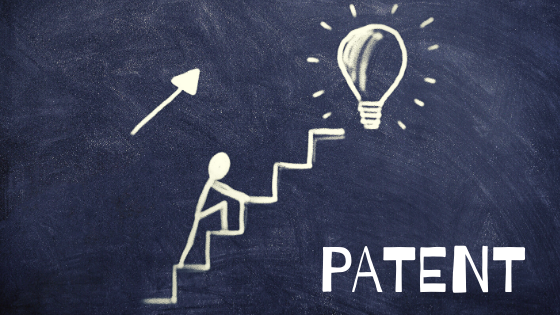Before you spend a lot of money trying to patent your invention, you should first get an expert opinion about whether your idea is patentable, or whether you would just be wasting your time and money.
The first step in the patent process is to determine whether your invention is truly new and novel. If anyone else came up with the idea before you did, you probably will not be able to get a patent. So, the first thing you need to do is called a patent search (also known as a prior art search).
This involves searching through special databases and thousands of government files to see whether anyone already has a patent on your particular invention. It is a good idea to spend a little money up front and have a professional patenting agency, such as InventHelp, do your patent search, which could save you a ton of money in the long run!
Regular Patent Search
A regular patent search is a thorough investigation of related products, patents, and patent applications. This search delves more deeply into the comparison of similar inventions to see whether a client’s invention is truly patentable.

The client will be given a full report of the completed search. The report will contain a summary of related patents/applications, how they are different or similar to the client’s invention, and a concise opinion as to the patentability of the client’s invention (i.e. should the client draft and submit a patent application).
Provisional Patent Application
A provisional patent application is a way of establishing an early date for the protection of an invention. It is fairly inexpensive, and gives the inventor one year to file a regular patent application. This time may be used to conduct market research if the inventor is unsure of the economic potential of their invention. The provisional application is very similar to a regular patent application in that it clearly describes everything about an invention including how to make it, and the most appropriate ways to use it as explained on https://southfloridareporter.com/how-inventhelp-can-assist-with-new-invention-ideas/.
Since each provisional application is unique, the only fair way to charge for this service is by the hour. Consequently, more complex applications will cost more because they will take longer to draft. Furthermore, the client will be responsible for all United States Patent and Trademark Office fees in addition to the hourly charge.





